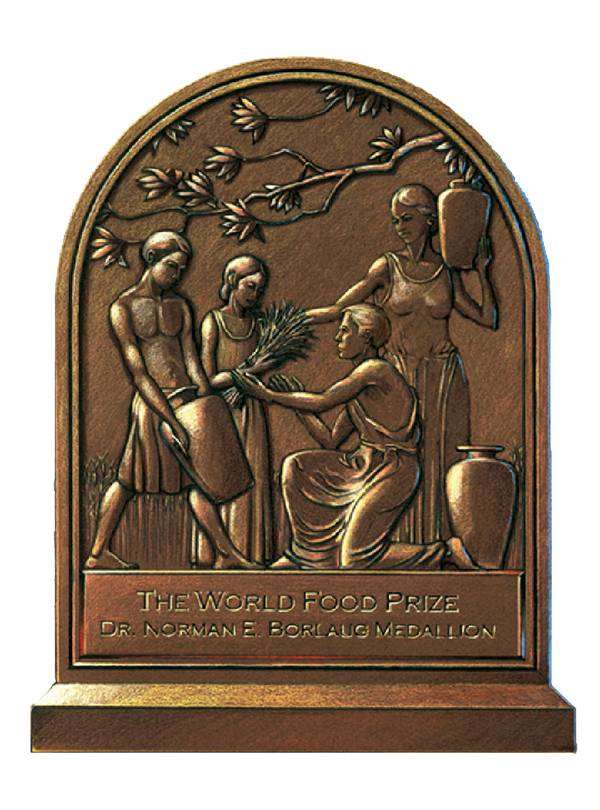Award has been given out only eight times
By Diego Flammini
Assistant Editor, North American Content
Farms.com
U.S. Secretary of Agriculture Tom Vilsack received the Norman E. Borlaug Medallion from the World Food Prize Foundation on December 7, to honor the USDA's contributions to agriculture.
Foundation president Kenneth Quinn said the USDA deserves the award for its work in many areas of agriculture.
“In the 10,000-year history of human agriculture, there is arguably no other organization that has done more to expand the knowledge of, and enhance the science involved in, food production than the USDA,” Quinn said according to a release.

The award’s namesake, Norman Borlaug, received the Nobel Peace Prize in 1970 and helped coin the term ‘Green Revolution.’ The award was named after him in 2006 before his passing in 2009.
Only eight have received the award, including Texas A&M University in 2015, and the USDA and University of Minnesota in 2016.
According to the release, Vilsack and Borlaug were close, adding a special touch to Vilsack receiving the honor.
“(Vilsack) “is deserving of special recognition for all he has done as governor of Iowa and secretary of agriculture to preserve the Borlaug legacy, promote the World Food Prize and especially help inspire the next generation of young agricultural leaders, a mission dear to Borlaug’s heart,” Quinn said.
Besides receiving the award, Vilsack and Quinn signed a memorandum of understanding to extend the Wallace-Carver Fellowship program to 2021.
The program allows fellows to examine key domestic and global challenges and solutions in agriculture, the economy, human health and nutrition through public service.